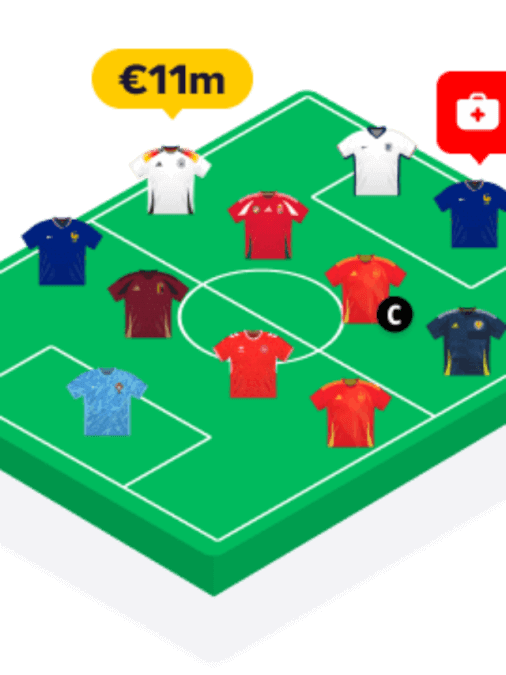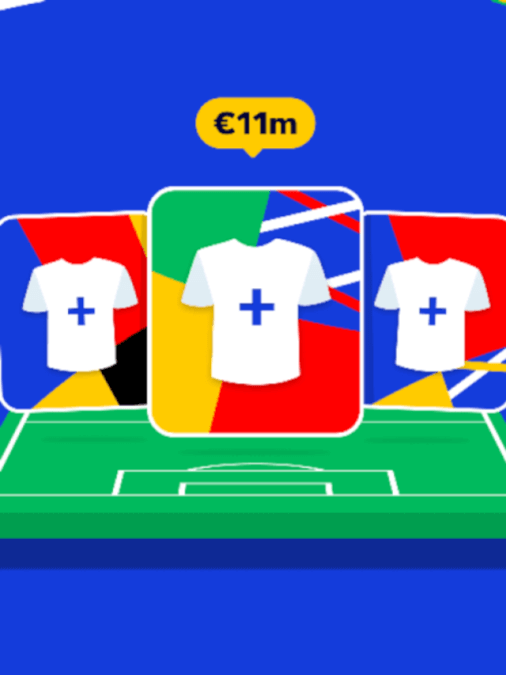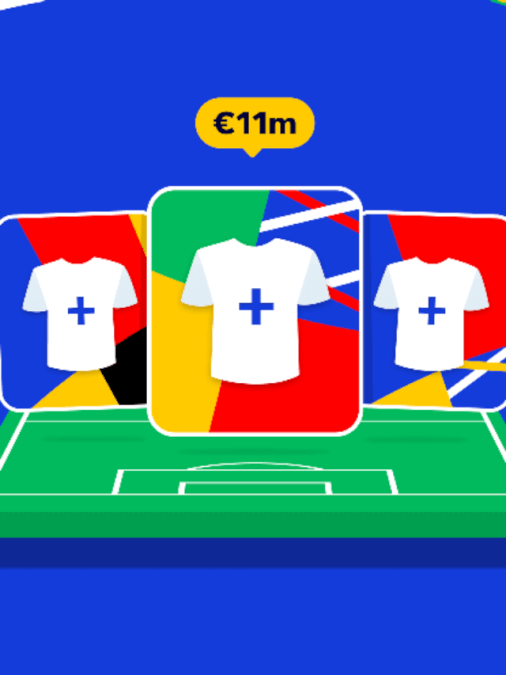Post-game nutrition is a critical component for young footballers. It not only aids in muscle recovery but also helps replenish energy levels, reduce soreness, and prepare the body for the next training session or match.
Consuming the right foods and beverages after a game can make a significant difference in an athlete’s overall performance and well-being. Timing is key—ideally, post-game meals and snacks should be consumed within 30-60 minutes after the game to maximize recovery benefits.
Key Nutritional Components for Post-Game Recovery
Proteins
Protein is essential for repairing and building muscle tissues, especially after the physical exertion of a football match. Lean meats like chicken and turkey, dairy products like Greek yogurt, and plant-based sources such as lentils and tofu are excellent options. For a more detailed guide on incorporating proteins into a young footballer’s diet, check out our Top 10 Energy-Boosting Foods for Young Footballers.
Carbohydrates
Carbohydrates are crucial for replenishing glycogen stores, the primary energy source used during intense physical activity. After a match, opt for complex carbohydrates like whole grains, fruits, and starchy vegetables. This helps restore energy levels and prepares the body for the next activity. For more carbohydrate-rich meal ideas, our article on Pre-Game Meals: What to Eat Before a Big Match provides additional insights.
Healthy Fats
While fats are often misunderstood, they play a vital role in reducing inflammation and promoting overall recovery. Include healthy fats like avocados, nuts, seeds, and olive oil in post-game meals to support recovery and maintain energy levels.
Vitamins and Minerals
Vitamins and minerals such as vitamin C, calcium, and magnesium are essential for recovery. They help reduce inflammation, support muscle function, and strengthen bones. Including a variety of fruits, vegetables, and dairy products in the diet can ensure adequate intake of these nutrients.
Hydration and Electrolytes
Rehydration is critical after any intense physical activity. Consuming water along with electrolyte-rich beverages helps replace fluids lost through sweat and prevents dehydration. For younger athletes, homemade electrolyte drinks with natural ingredients can be a great alternative to sugary sports drinks.
Best Foods for Post-Game Recovery
High-Protein Foods
Foods rich in protein such as grilled chicken, turkey breast, Greek yogurt, tofu, and lentils should be a staple in a young athlete’s post-game diet. These foods support muscle repair and growth, ensuring that the body recovers efficiently after a strenuous game or training session.
Carbohydrate-Rich Foods
Complex carbohydrates like sweet potatoes, quinoa, brown rice, and whole grain pasta are excellent options for replenishing glycogen stores. Combining these with protein sources creates a balanced post-game meal that supports both energy restoration and muscle recovery.
Combination Foods
For a convenient and balanced meal, consider options that combine both proteins and carbohydrates. A chicken and sweet potato bowl, for instance, provides a perfect blend of essential nutrients. For more on creating balanced meals, refer to our A Day in the Diet of a Young Footballer: Meal Plan Guide.
Post-Game Smoothie Recipes
Smoothies are a quick and effective way to provide young athletes with the nutrients they need after a game. Here are a few easy-to-make recipes:
- Banana Berry Blast: Blend banana, mixed berries, Greek yogurt, honey, and almond milk. This smoothie is packed with protein, carbs, and antioxidants.
- Tropical Protein Punch: Combine pineapple, mango, coconut water, protein powder, and spinach for a refreshing post-game drink that replenishes electrolytes and provides a good dose of protein.
- Chocolate Peanut Butter Delight: Blend chocolate protein powder, peanut butter, banana, oat milk, and chia seeds. This smoothie offers a delicious and protein-rich option for young athletes.
Post-Game Meal Ideas for Young Athletes
Grilled Chicken and Quinoa Bowl
This meal combines grilled chicken breast with quinoa, steamed vegetables, and avocado. It offers a balanced mix of protein, complex carbohydrates, and healthy fats. For more ideas on how to incorporate vegetables and grains into a young athlete’s diet, see our article on The Importance of Proper Nutrition for Young Footballers.
Turkey and Sweet Potato Wrap
A whole wheat wrap filled with sliced turkey, roasted sweet potatoes, spinach, and hummus provides lean protein and essential nutrients. This wrap is easy to prepare and perfect for a quick post-game meal.
Veggie-Packed Lentil Soup
For vegetarian athletes, lentil soup with carrots, celery, tomatoes, kale, and vegetable broth is an excellent choice. It is high in protein and fiber, promoting muscle repair and overall health.
Tips for Creating Balanced Post-Game Meals
Portion Control
It’s essential to adjust portion sizes based on the athlete’s age and activity level. Too much or too little food can impact recovery and performance.
Including a Variety of Food Groups
Ensure that post-game meals include a mix of proteins, carbohydrates, fats, and vegetables. This balance supports overall recovery and prepares the body for future activities.
Planning and Preparing Meals Ahead of Time
Meal prepping can save time and ensure that healthy options are always available. Preparing meals ahead of time can also help busy families stick to a nutritious post-game routine.
Hydration Strategies for Recovery
Rehydrating After the Game: Young athletes should aim to rehydrate within the first hour after the game. Water is essential, but adding a small amount of salt and sugar can help replenish lost electrolytes.
Recommended Hydration Tips
Encourage young athletes to drink water regularly throughout the day, not just after games. This ensures they remain hydrated and perform at their best.
Homemade Electrolyte Drink Recipe
Create a simple electrolyte drink by mixing water, sea salt, lemon juice, and honey. This homemade option can help replenish fluids and electrolytes lost during intense activities.
Conclusion
Incorporating the right foods and hydration strategies after a game is essential for young athletes. Proper post-game nutrition not only aids in muscle recovery but also helps maintain energy levels and supports overall performance.
By following these tips, young footballers can recover more effectively and continue to improve their skills and endurance on the field.
For more information on developing a well-rounded diet for young athletes, explore our comprehensive guides on How to Teach Basic Football Skills to Beginners and Improving Speed and Agility in Young Players.









